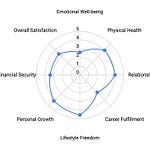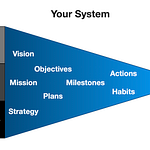
Many years ago, my appendix almost burst at work.
I still remember that Thursday when I knew something was wrong. I had been feeling increasingly worse as my afternoon in the office dragged on. But, like a good little trooper, I tried to push through it.
Walking down the hall into my last meeting of the day wa…











